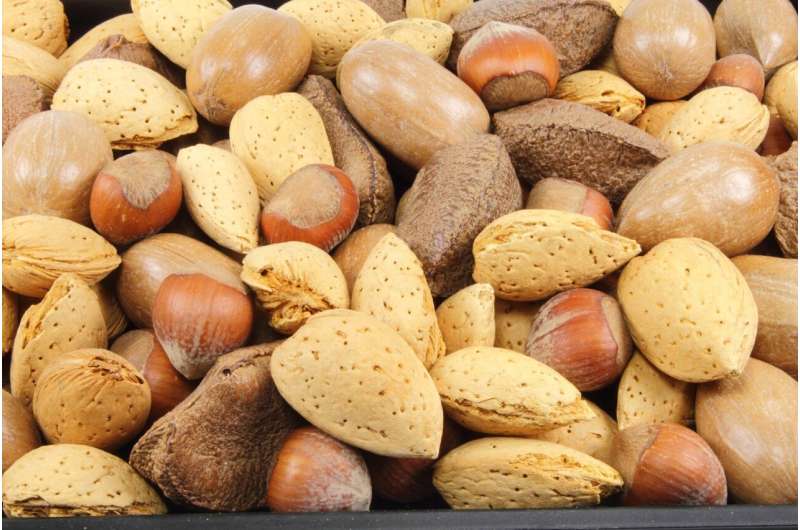Could Eating Chicken Increase Cancer Risk? Experts Analyze the Latest Research

New research suggests a potential link between high poultry intake and increased cancer risk, but experts urge caution in interpretation. Learn what current science indicates about poultry and health.
Could eating chicken heighten cancer risk? Experts weigh in on latest claims

Recent findings from a study in Italy have suggested a potential link between high poultry consumption and increased risks of gastrointestinal cancer and mortality. Specifically, consuming more than 300 grams of poultry weekly was associated with a 27% higher risk of death from all causes and a 2.3% increased risk of gastrointestinal cancers.
This has sparked discussions about whether such results challenge the traditional view of poultry as a healthy protein choice, especially given its prominence in diets like the Mediterranean diet.
Experts emphasize caution in interpreting these findings. Dr. Wael Harb and Kristin Kirkpatrick highlight that observational studies cannot prove causation, and many factors influence cancer risk, including genetics, lifestyle, and cooking methods.
Factors Beyond the Meat
The way poultry is cooked and processed plays a significant role. High-temperature cooking methods such as grilling or frying can produce carcinogenic compounds like HCAs and PAHs. processed and breaded chicken products may pose additional risks.
White vs. Red Meat Debate
The study also feeds into ongoing debates about whether white meat, like chicken, is healthier than red meat, with some research indicating similar impacts on cholesterol and heart health.
Future Research Directions
Limitations of the current study include lack of detailed information on cooking methods, poultry processing, and other lifestyle factors. Future research should explore these aspects, including biological markers of carcinogen exposure.
Dietary Recommendations
Health authorities suggest moderation, with current guidelines recommending no more than 300 grams of poultry weekly. For those with health concerns, lower intake levels and an emphasis on diverse protein sources are advisable.
In summary, while the study raises important questions, current evidence still supports moderate poultry consumption as part of a balanced diet.
Stay Updated with Mia's Feed
Get the latest health & wellness insights delivered straight to your inbox.
Related Articles
Influence of Fathers' Adolescent Eating Habits on Children's Diet Quality
Studies show that fathers' dietary habits during adolescence significantly influence their children's eating patterns, emphasizing the importance of early healthy lifestyle choices for the next generation.
The Impact of Semi-Skimmed Milk Introduction in the 1980s on Public Health Outcomes
A Norwegian study shows that replacing whole milk with semi-skimmed and skim milk in the 1980s led to significant improvements in public health and reduced mortality from cardiovascular diseases.
Strong Evidence Reinforces the Benefits of Plant-Based Diets for Heart Health
New research confirms that adhering to the plant-based Portfolio Diet can significantly lower the risk of cardiovascular disease and extend lifespan, emphasizing the importance of early dietary intervention for heart health.
Certain Flavonoids in Tea and Chocolate May Help Lower Blood Pressure
Discover how flavonoids in tea and chocolate may help lower blood pressure and support heart health through improved endothelial function and healthy diet choices.



